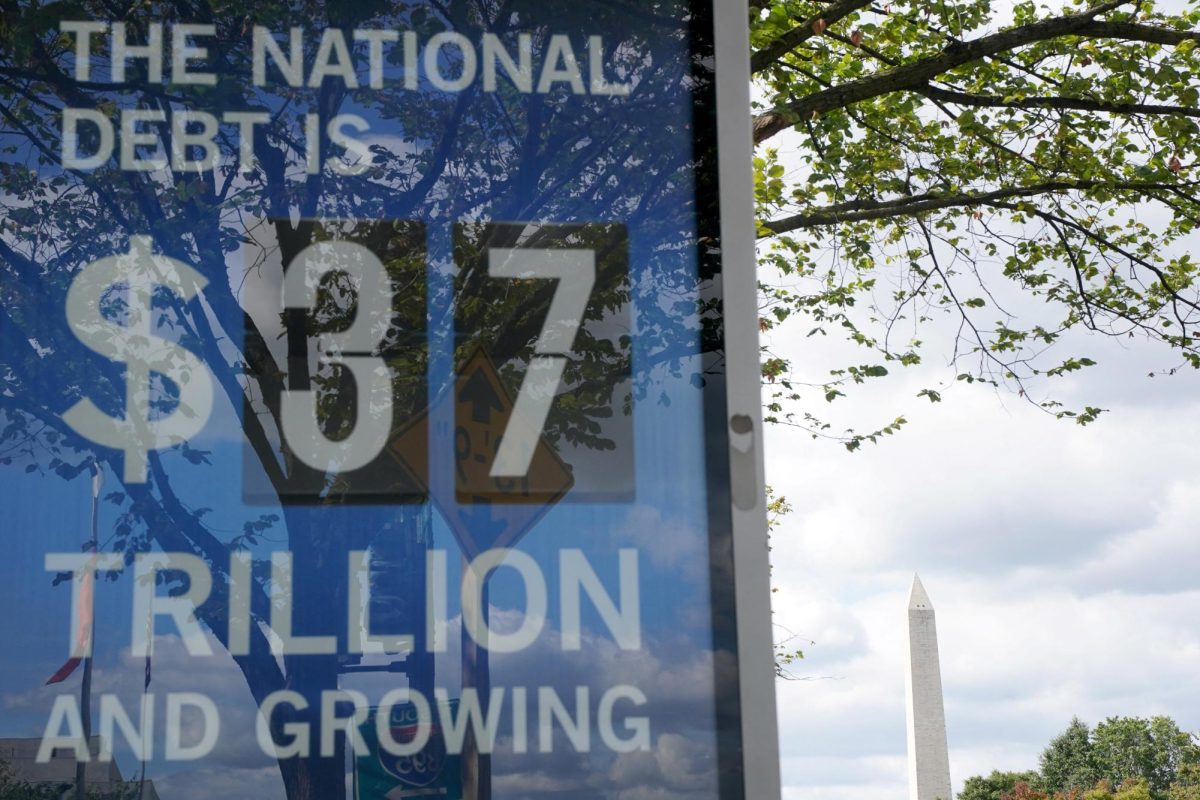Cole Hard Facts: The Spoiled Don
Editor’s note: The views in the column represent the opinions of its author and not those of Cathedral Catholic High School’s administration or El Cid.
Many people believe the “spoiled Don” stereotype and practice over-characterizing the CCHS student body as hyper-privileged and overindulgent. The image animates the perception and its spoiled nature.
During a walk through the Cathedral Catholic High School parking lot, the perceived Teslas and Maseratis littering the lot suddenly die as simply a perception. In fact, a walk through the parking lot nearly mirrors the walk through a local public school’s lot.
Sure, there may be a few more nice cars, but those vehicles represent the outliers of CCHS, which provoke a popular misconception that if one attends CCHS, then he or she is rich. This misconception is entirely false, and a plethora of facts and stats falsify the stereotype.
Students’ reasons for attending the prestigious Catholic school range vastly, as some families are willing to sacrifice to pursue the parochial education for their children, while others considerately search for an alternative to their underwhelming local public school.
CCHS aids these education quests, especially by discounting the common price of tuition for these very common cases.
Approximately 40 percent of kids receive some level of financial aid. Moreover, there are scholarships which transcend the 40 percent statistic. One can receive aid in addition to a scholarship to support their education. Scholarships, either merit or need-based, are not discriminatory, as any income level can receive.
At CCHS, 640 of the approximate 1,610 students are receiving some level of financial aid, and $4.2 million are discounted annually on students’ tuitions. However, that money does not exist somewhere else allowing for the discount, rather it is a product of CCHS’s generous efforts to aid one’s attendance.
Of the $4.2 million discounted on tuition, 32 percent goes to families who make annual salaries matching or barely rivaling minimum wage.
The aforementioned scholarships can range from $500 to cases where it is more than half the tuition, however, everyone pays some of the tuition.
Families also apply for aid if more than one student has attended or currently attends CCHS, and on occasion are met with a discount if it seems fit. Of the CCHS families applying for aid, the median income between the familial breadwinners is $110,000, which barely surpasses the Del Mar median familial income of $108,556, according to Data USA, a free platform that allows users to collect, analyze, and visualize shared U.S. government data.
In addition to the aid provided, CCHS offers programs for families to better fund a student’s education. The two most prominent programs include the opportunity for students to work maintaining facilities during the summer and parents who work as CCHS event staff.
These facts and stats clearly exhibit the less fortunate sector of CCHS, which may be a minority, but it is not a particularly small one. This group has been defined as rich and hyper-privileged due to an uninformed stereotype based upon the image of the top-wealth-tier at the school.
Although this stereotype seems minor in its negative impact, the unfairness and negativity sprout from the word associated with privileged: spoiled. A critical, and in this case, wrong stereotype that diminishes the plentiful sacrifices and difficulties families and students partake in to achieve a CCHS diploma.
Along with minimizing the strains and struggles of less fortunate CCHS families, the “spoiled don” misconception ignores CCHS’s empathetic efforts to support anyone who feels like they belong at CCHS.
“We have had students who have attended CCHS from minimum wage families, whose parents paid as much as they could afford,” CCHS President Mr. Stevan Laaperi said. “The student worked and at the end of it all, got scholarships with the CCHS diploma to Catholic universities like Saint John’s in New York and the [Catholic University of America]. Had they not attended CCHS, [those admissions] very well may have not have happened.
“This situation is a regular occurrence at CCHS.”
Obviously, attending CCHS is a sacrifice for many families, as attending a free public school would be much simpler. However, the sacrifice in less fortunate families is felt the hardest, and the “spoiled don” stereotype flagrantly disregards that struggle.
“The ultimate goal is anyone who is qualified to be here should be able to attend,” Mr. Laaperi said. “That means CCHS will have people making minimum wage along with those making millions a year.”
The cure to falling victim to the misconception is simply listening to the backgrounds of students and hear the stories of their families, and maybe while discussing, walk through the parking lot.

Serving as Managing Editor for two years and writing more than 20 El Cid stories prepared me for the critical role of Editor-in-Chief, where I plan to...





















































